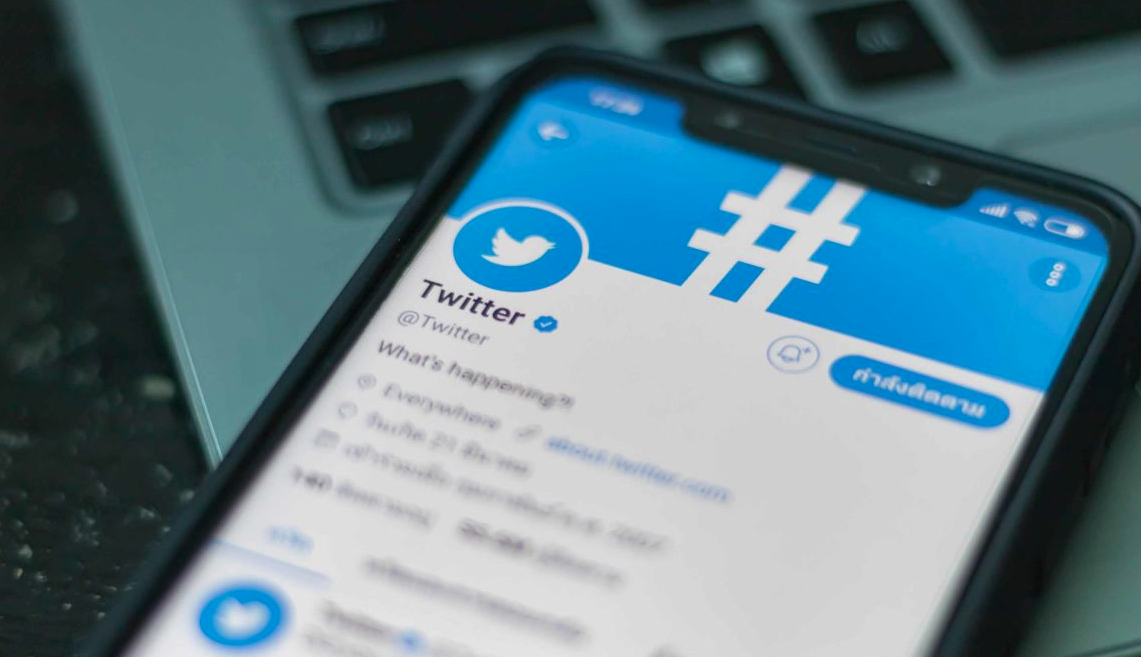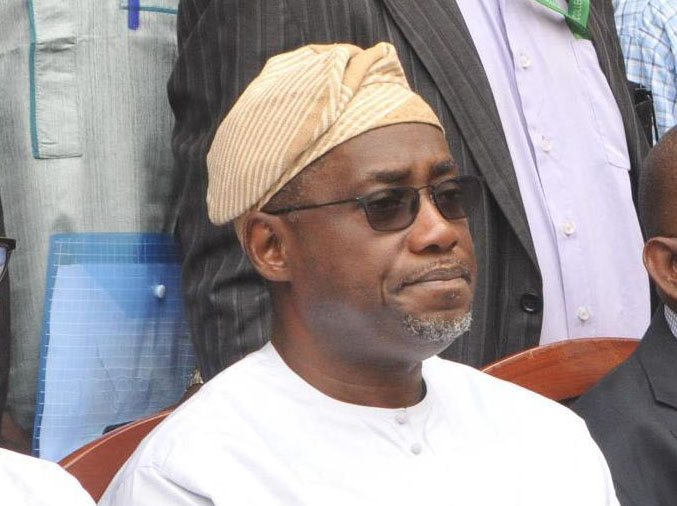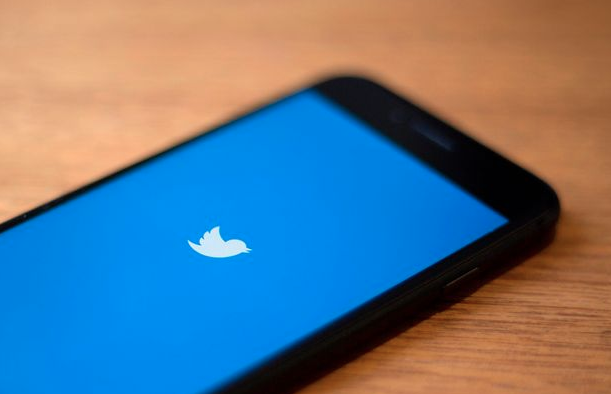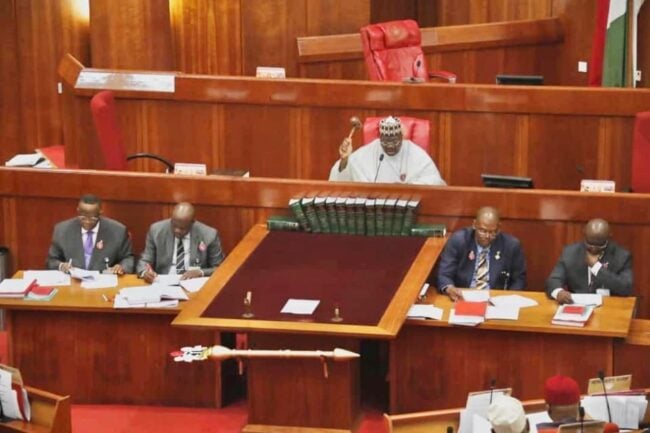BY ISREAL OJOKO
For those expecting the federal government to lift the ban on Twitter in Nigeria this week, I am sorry, that may not happen any time soon.
I don’t see Lai Mohammed and his team letting loose of their firm grip on Twitter when they know that there is a planned protest coming up on June 12, which could lead to another EndSars-like outcome.
After many years of making attempts, the Nigerian government finally took the bold but unfortunate step to ban the microblogging site, Twitter.
Advertisement
It has been a long way coming. A bill to regulate social media was tabled before the national assembly in 2019 and scaled second reading, while minister of information Lai Mohammed had severally complained about fake news, videos, and malicious information on social media.
The #EndSARS protest was almost the last straw but maybe for the many deaths that had already been recorded, and to make things worse, the Lekki toll gate shooting by Nigerian soldiers that killed many.
However, the day finally came, and it is right here before us. The reality is – using Twitter in Nigeria is a crime, at least for now. No thanks to the deletion, by Twitter, of President Muhammadu Buhari’s tweet.
Advertisement
How dare that company owned by one small boy have the guts to delete the tweet of a whole Grand Commander of the Order of the Federal Republic (GCFR)? What a disrespect? Hmmm. Don’t mind me, I am just thinking in my head, what could have run through the minds of the Lais of this world before finally making the ban announcement.
The government has not only shown its naivety in the face of daunting challenges plaguing Nigeria every day, but it has also shot itself in the foot as the country is losing millions of naira hourly since the ban on Twitter.
NetBlocks, an international internet monitor, estimated that Nigeria lost N2 billion naira in 24 hours due to the ban on Twitter. This loss is not only suffered by the private sector but government agencies too.
Information dissemination between government agencies and the public has greatly been affected. Take for instance the Nigeria Centre For Disease Control (NCDC) who daily updates the country with the latest figures and statistics of Covid-19 cases and deaths. But Nigerians are now left in the dark as the handle can no more tweet.
Advertisement
“Social media has come to stay and it will be an antithesis to democracy to shut it down because it is the fastest way of disseminating information,” Lai Mohammed himself admitted this when he inspected the Nation newspaper and TV Continental (TVC) headquarters that were attacked during the #EndSARS protest in October 2020.
But I think the timing of the Twitter ban is beyond just the removal of Buhari’s perceived genocidal tweet. I think it is also to prevent the planned June 12 protest.
There have been fliers flying all over social media of a planned protest against bad governance, rising insecurity, biting economy, and the unhindered killings across the country. For example, the killing of about 20 people and destruction of properties in Igangan, Oyo state a few days to June 12. The barbaric video of that attack where human beings were slaughtered like chickens by suspected bandits is enough to trigger protest.
Which better way to destabilise a united generation of young and vibrant men and women, who want a better country for themselves and the generation to come than to cut the platform they use to express themselves? It is a well-thought-out plan to put the planned June 12 protest under check.
Advertisement
The federal government knows the weaknesses of the police, they know how things can get out of hand and expose their level of incompetence. Moreover, lots of lessons have been learned from the dreadful #EndSARS protest, so any gathering or unity of such magnitude must be prevented.
It’s only a matter of time before we started seeing the consequences of the ban on Twitter. The looming loss of jobs, the imminent decline in the tech industries, and the nose-diving of the economy.
Advertisement
Government agencies are already struggling, banks will struggle, media organisations will suffer and individual influencers whose source of livelihood lies on Twitter will face difficult times.
Media aides to the president are almost becoming irrelevant. Come to think of it, how popular would the likes of Garba Shehu, Femi Adesina, Bashir Ahmad, and Lauretta Onochie have been if not for Twitter? Maybe their faces would only be known inside Aso Rock and only among the handful of people who watch the news on television. But what is the percentage of those that watch the news on TV or read them in newspapers among the youth?
Advertisement
State governments and ministries are also badly affected by the ban. The negative effects are universal and we are all reaping from the careless decision to ban Twitter.
The government must make an about-turn and undo the ban on Twitter, but I am only expecting that to happen after the June 12 date.
Advertisement
Israel Ojoko can be reached via [email protected]
Views expressed by contributors are strictly personal and not of TheCable.
Add a comment






